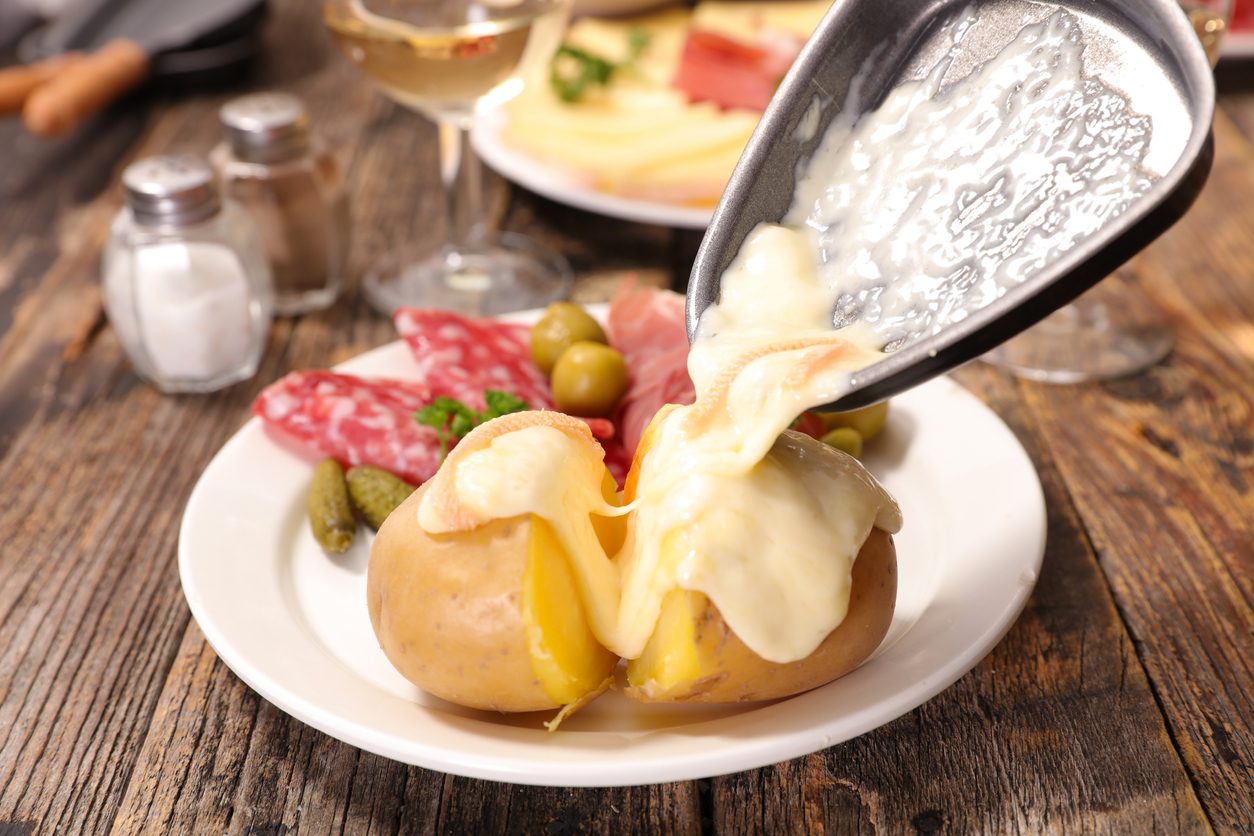The Science Behind Why Food Makes Our Mouths Water
When you perceive a sweet smell or see a delicious-looking meal or even just imagine eating food, your mouth naturally waters. This is so because the saliva in the mouth and the saliva is made up of 99.5 percent of water. Although there is a big variable, the remaining 0.5 percent is made up of proteins, lipids, and electrolytes.
;Resize,width=742;)
Lipids are a group of naturally occurring molecules, while Electrolytes are positively and negatively charged atoms or molecules, which are sodium, potassium, and chlorine. There are three glands in the mouth: the parotid gland, sublingual gland, and submandibular gland. The gland produces 30 tons of saliva every 24 hours; that is, over an entire day, the average person makes one to 1.5 liters of saliva.
Saliva is produced in large quantities because of the many roles it plays. The saliva helps keep the mouth and teeth healthy and hygienic, helps us chew and taste food, and starts the digestion process.

Enzymes and saliva, like Amylase, a protein enzyme found in saliva, begin the process of breaking down food before it enters the stomach and intestines and letting the stomach take over other heavy lifting of the digestive system. It makes sense that the saliva production goes through the roof when we are actually eating.
There is a logical reason why food makes us drool, and it can be linked to the nerve that controls saliva production. These nerves are reflex systems that fire without you consciously thinking you want to consume food, even the mere sight, smell, and thought of food would cause the mouth to salivate.
When eating, the smell or taste of the food plus jaw movement of the muscles of the mouth simply activates the nerve of the reflex system, which causes salivation. Therefore, our brains subconsciously react to the smell, sight, and even thought of food with the increased secretion of saliva.

This is because we need saliva to help teeth chew and prepare food to be digested, as explained by the American Chemical Society (ACS). When you perceive food, a sign is sent to your brain's primary salivary center, and for some people, the brain rings the bell at the sight of food and releases neurotransmitters like acetylcholine and norepinephrine. These chemicals initiate nerve signals telling the salivary gland to produce saliva.
ACS Chemistry 2015 Champion Hadi Fares said: "The nerves that control saliva production are part of a reflex system. They fire without you consciously thinking about it when you are eating. The smells, tastes and even the movement of your jaw muscles can activate this reflex."

The part of the brain responsible for this salivary reflex is the medulla oblongata which controls a variety of functions from sneezing to vomiting. On receiving these stimuli, the medulla oblongata sends neurotransmitters to the glands to produce the saliva. In addition to its digestive role, saliva is essential to keeping the mouth and teeth healthy and hygienic.
Another explanation is the reason for mouth-watering is that it is a conditioned reflex which means at the sight of food, the brain automatically sends a signal to the salivary gland to make the mouth water.
;Resize,width=767;)
;Resize,width=712;)
;Resize,width=712;)
;Resize,width=712;)
